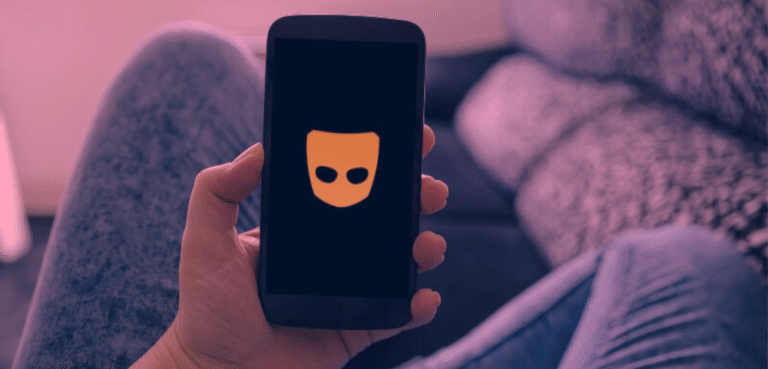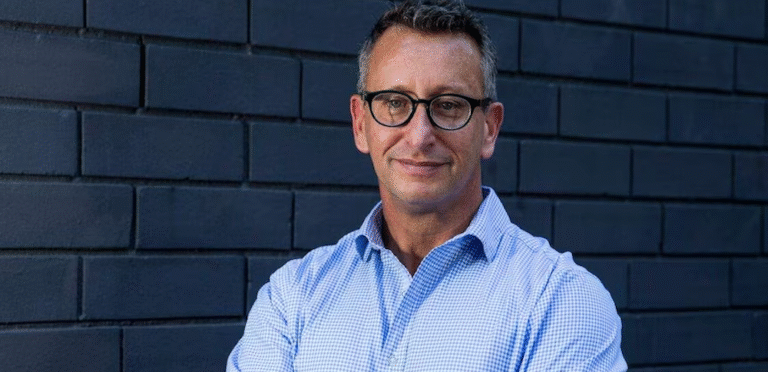
The gateway theory
One of the most popular myths about drugs is the belief that if you start using cannabis it will mean that you progress from drug to drug and will end up becoming a heroin user. This myth is known as the gateway theory, and is frequently used in an attempt to scare young people from experimenting with a range of drugs, but most particularly cannabis.
This is the argument that many people have used over many years in the legalisation/prohibition debate to highlight what they believe to be one of the real dangers about cannabis use. This theory has arisen from studies of heroin users which show that they have almost all used cannabis at some time or another. This is an extremely simplistic interpretation of the data as this does not mean that all cannabis users will eventually use heroin. In fact, over a third of the Australian population have tried cannabis, whereas only a very small percentage (2 percent) have ever tried heroin. If the gateway theory is true there should be far more heroin users in this country.
So is there a gateway drug? Interestingly, research has shown that regular heavy alcohol use, particularly during the early teens, is the strongest predictor of future heroin use. Of course this does not fit into the messages that most parents want to give their children about drug use -“ alcohol is a legal drug, one which the vast majority of Australians use on a regular basis. However, binge drinking by young people is extremely problematic and particular patterns of use are regarded as possible indicators of future illicit drug use.
Some experts are now putting forward another theory that ecstasy has become a gateway drug for some drug users, particularly for those who may have had little contact with drug use in their teenage years. This theory suggests that these users do not experiment widely with illicit drugs due to fear (e.g. parents had given them information that had scared them from using) and they first try an illicit drug (usually ecstasy) much later in life. When they do try the drug (usually due to the social scene they are involved in) the negative consequences that they had been informed about simply do not materialise -“ in fact they enjoy the experience and find it enriching. They realise that the information they had been given is not entirely true and their whole belief system around drugs crumbles. This then results in experimentation with a range of other drugs that they had been too fearful to try in the past.
Many people who use drugs will relate to that moment when they had their first positive drug experience. All the information that you have been given as you were growing up about how bad and evil drugs are is immediately challenged. This is why it is vital that we provide balanced information to young people right from the beginning -“ acknowledge the perceived benefits and discuss the negative consequences. Giving only part of the story about drugs can be far more damaging.
Remember: if you do not want any negative consequences, do not use the drug, and no matter how many times you have used a substance, never be blas?










